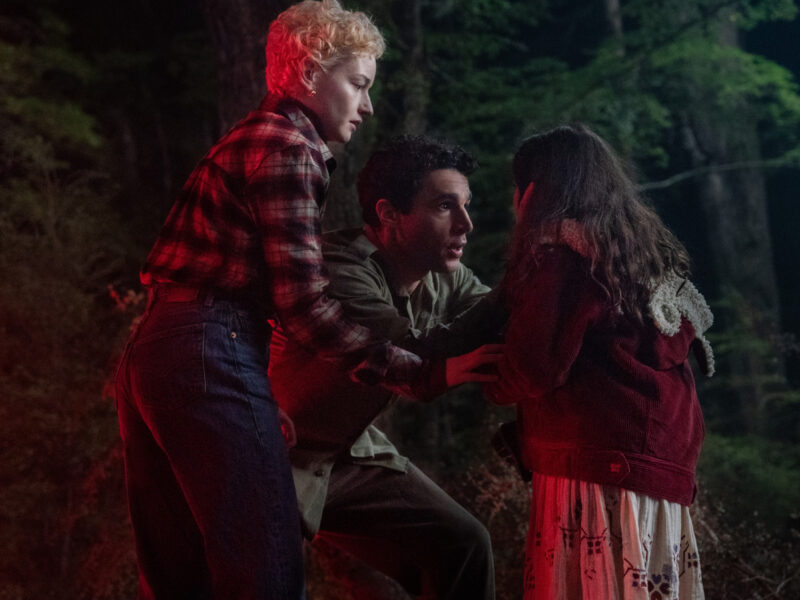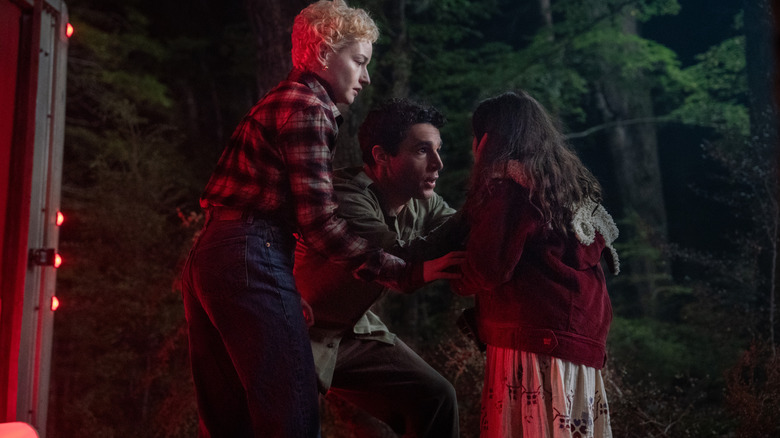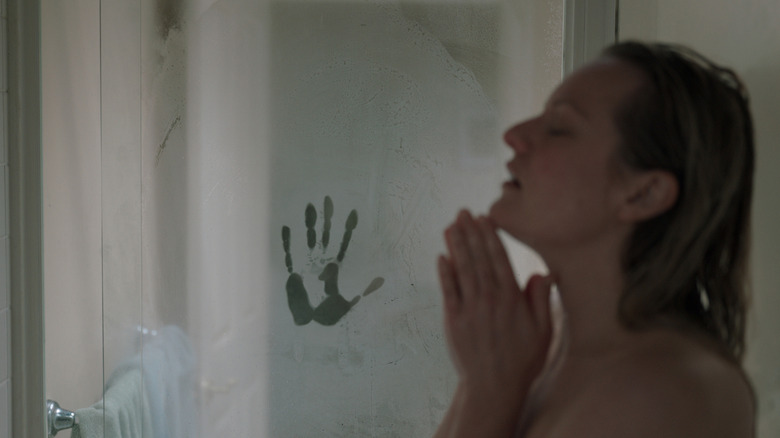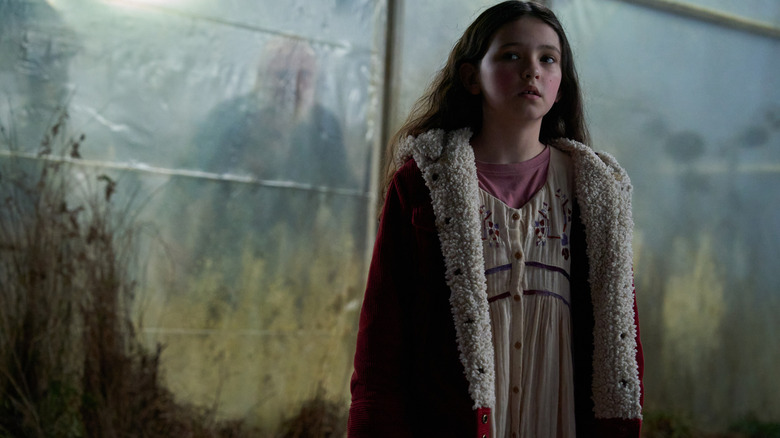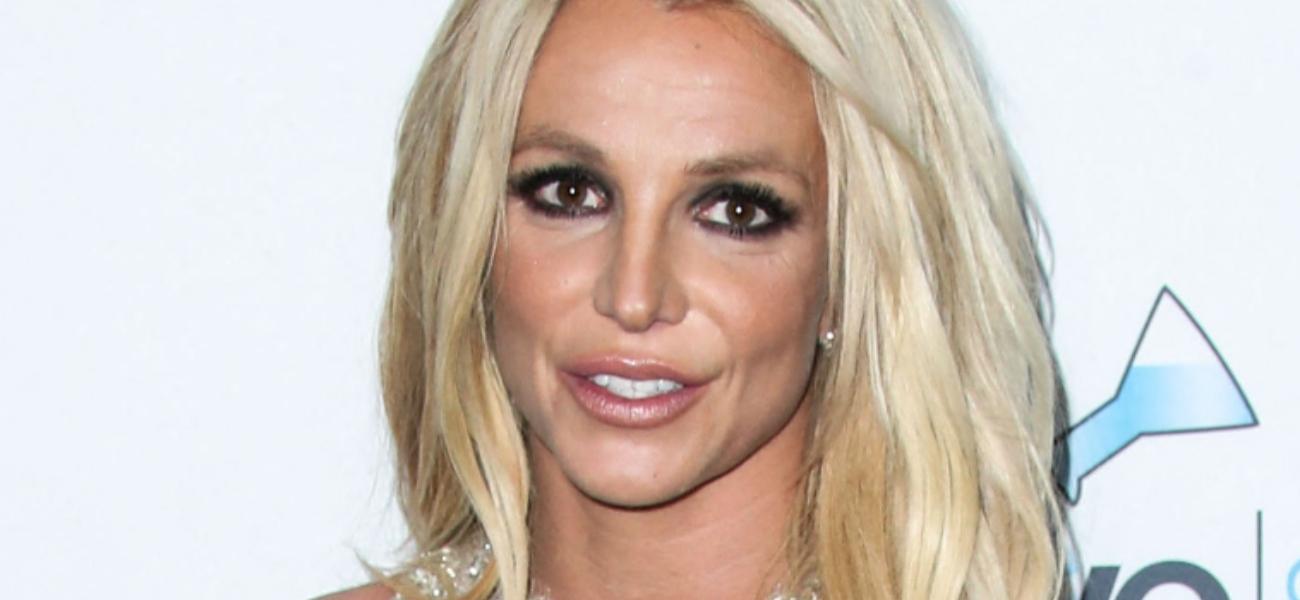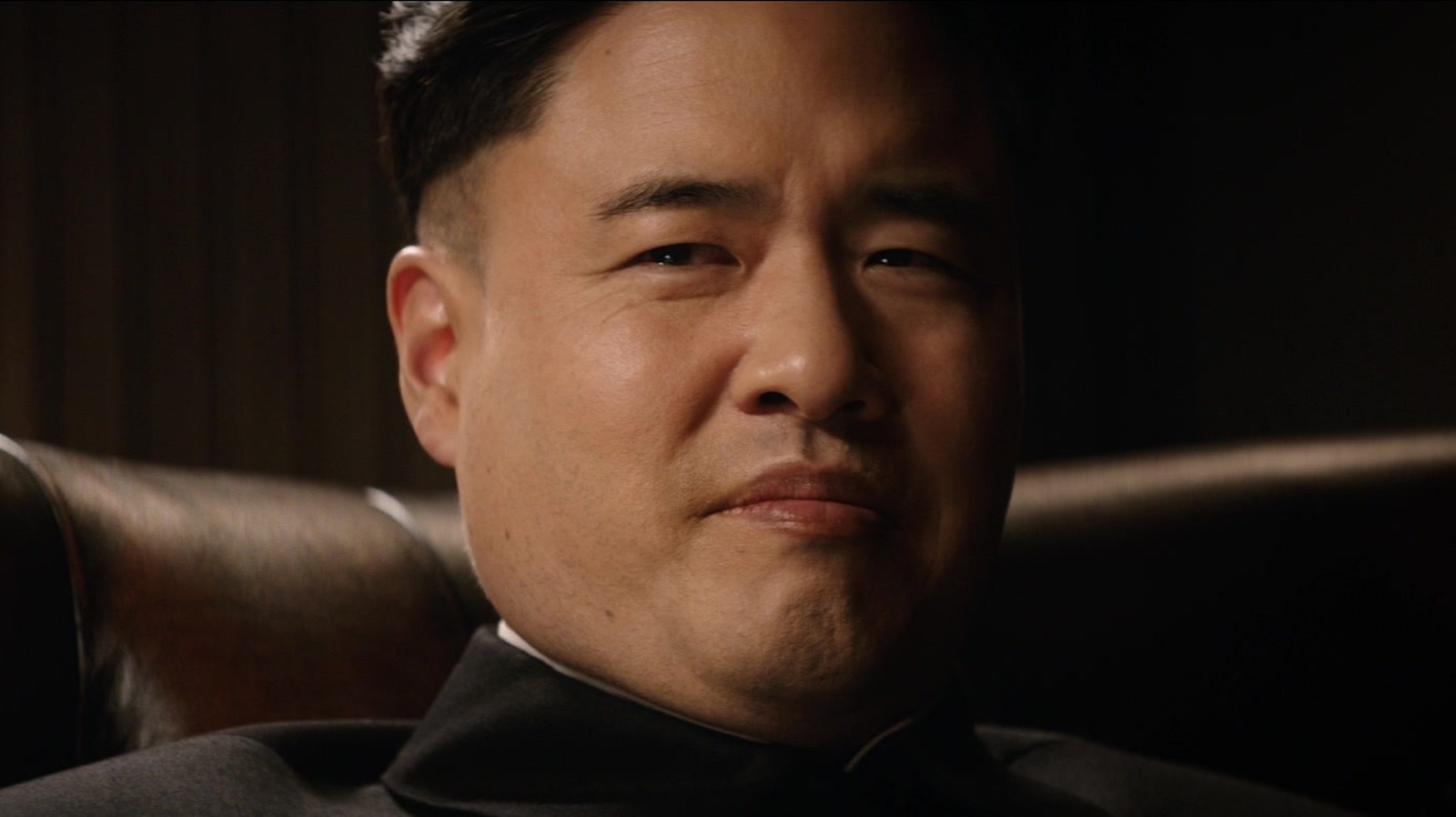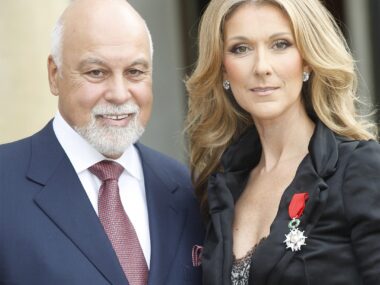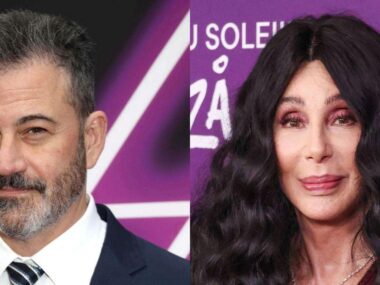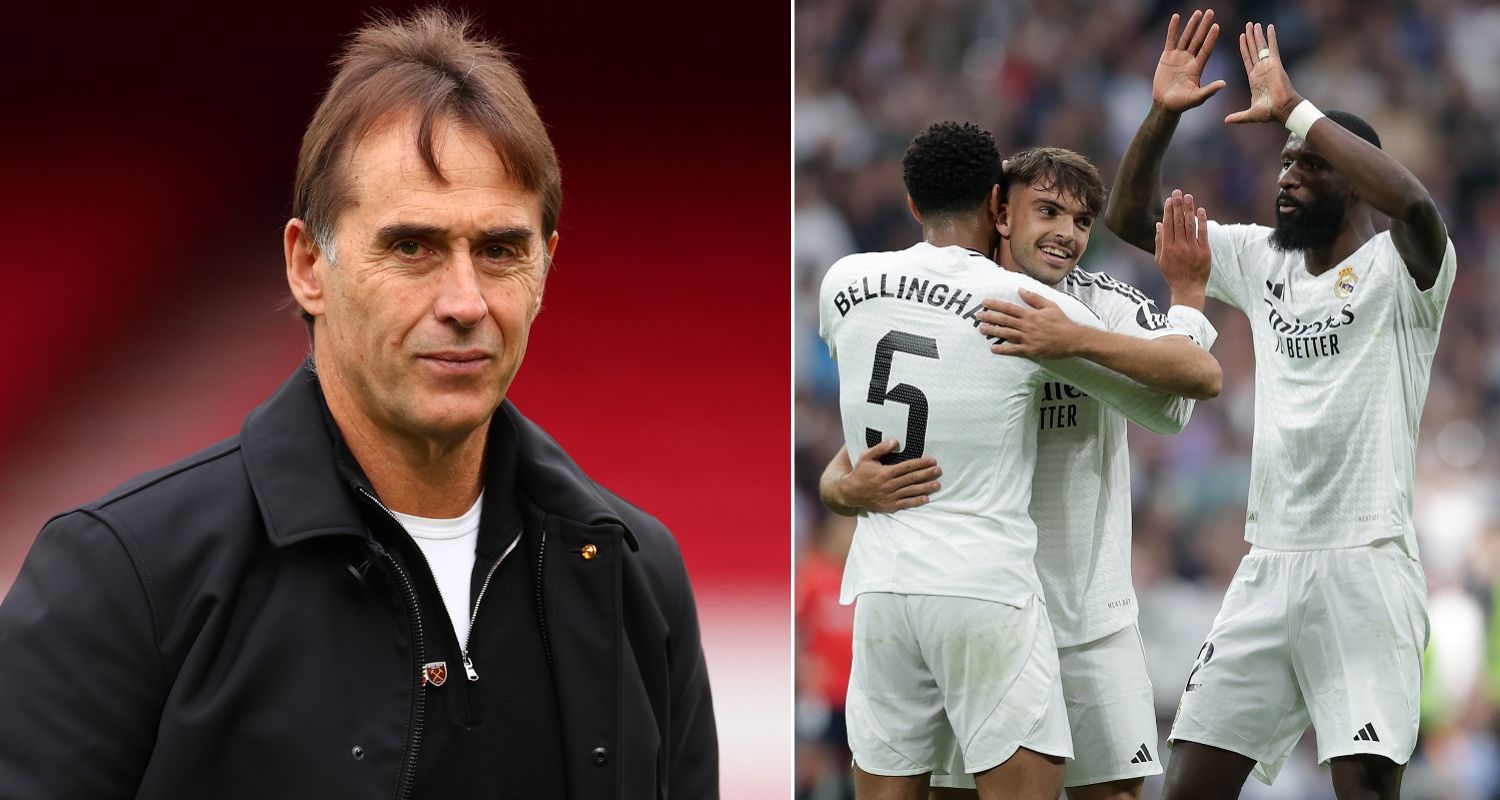Warning: This article contains major spoilers for “Wolf Man”.
Just call Leigh Winell a monster whisperer. There have been few times when a studio has struggled so mightily (or so publicly) to get audiences interested in its gem of an IP — in this case, the classic Universal Monsters stable. However, the turnaround has been just as sudden and overwhelming. Since 2020, when Wannella's “The Invisible Man” came out and immediately wowed everyone, the franchise has seen significant improvements across the board. It's no coincidence that this also coincided with the decision-makers finally giving up on their grand dreams of a shared universe to rival the likes of DC and Marvel. Instead, in a world where Dr. Jekyll plays Nick Fury, assembling monsters to fight other monsters (I think?), we've got several standalone films spanning several different genres, each telling their own unique story. stories.
And yes, Vanel was a pioneer who helped set that refreshing new tone that makes Wolf Man (as I review / Movie here) such an interesting development of this trend. While obviously a very different title character than The Invisible Man, Vanella approaches this much more animalistic creature in a similar way. Both are set in the modern day, both delve into the psychology of their villains, and both reinterpret the original films to deeply surprising but always true results. It's that last point that “Invisible Man” fans may appreciate most about “The Wolf Man,” as Vinnell takes the prototypical werewolf “curse” concept and, as he did with his 2020 film, turns it into a more relatable allegory for modern audiences.
Like The Invisible Man, Wolf Man is about what really makes a monster
In the hands of smaller filmmakers—and the movie gods know there have been many— various attempts to adapt the character known emotionally as the Wolfman (or Wolfman, in previous years) have made one of a few fatal mistakes. Either they're caught up in continuity and crossover fever, as evidenced by 1943's Frankenstein Meets the Wolfman, which is hardly a recent phenomenon, or the dreaded scenario of too many cooks in the kitchen rears its ugly head as Director Joe Johnston (and previously attached director Mark Romanek) found out the hard way with 2010's The Wilckens. Throw in the fact that the character himself is a particularly tough nut to crack, given how ingrained werewolf history and stereotypes are in pop culture, and it's easy to see why the deck has remained stacked against the Wolf Man.
Fortunately, Leigh Gunnell's previous experience with The Invisible Man clearly came in handy as he took over the reins of The Wolf Man. When he first dove into the deep end of the Universal Monsters pool, he decided to take this monster in a radical direction. While the original 1933 film tells the tragic story of a prankster's descent into madness and mass murder, Whannell's take reimagines the title character in an even more menacing and all-too-real light. As ruthless as the villain, this version of the Invisible Man embarks on a gaslighting campaign aimed at torturing just one victim in particular, a former lover (Elisabeth Moss) who had the gall to leave her abusive situation. Deftly avoiding the old clichés of mad scientists and world domination schemes, Instead, Gunnell turned the film into a horror film that best encapsulated the #MeToo movement.
The Wolf Man makes his villainy feel uncomfortably real
Granted, the underlying themes of The Wolf Man don't lend themselves to exactly the same interpretation as Vannell did with The Invisible Man, but the acclaimed writer/director pulls off a similar trick. Traditionally speaking, the monstrous Wolf Man and his terrifying transformation under the light of the full moon has represented the idea of giving in to our baser and more animalistic desires. Could it be the fear of sexual inhibition in Puritan society (boy does that sound familiar) or the larger struggle over humanity's ability to oppress those we perceive as “lesser” (also unfortunately relevant!), the wolf monster at the center of the story has lent itself to all sorts of compelling interpretations. In Vinella's new film, he takes it to an even more interesting place.
While I have issues with the way The Wolf Man handles the more emotional side of the narrative, I can't deny how clever Vanella and co-writer Corbett Tuck were in crafting an entire film about cycles of generational trauma and escapism. abuse. The film opens with an extended prologue following the early encounters with the Wolf Man by young Blake Lovell (Zach Chandler) and his distant, demanding father, Grady (Sam Yeager). But this sequence not only sets up the film's central threat, but also pinpoints Blake's greatest fear as he grows up and starts his own family: turning into his abusive father. Die-hard fans may be disappointed by the script, which leans far, far away from any supernatural explanations (werewolf syndrome is explained early on as “mountain fever”), but the way it subtly incorporates the traditional werewolf “curse” deserves praise. . Instead of blaming the occult, “Wolf Man” finds a more relatable target. The last-minute revelation that the creature attacking Blake and his family is actually his supposed dead father hints at this: the sins of the father will be visited upon the son. So it is up to us to find our own means of escape and save our loved ones from living through their worst nightmares.
“The Wolf Man” is now in theaters.
Source link

